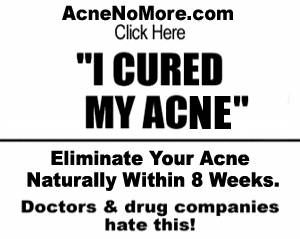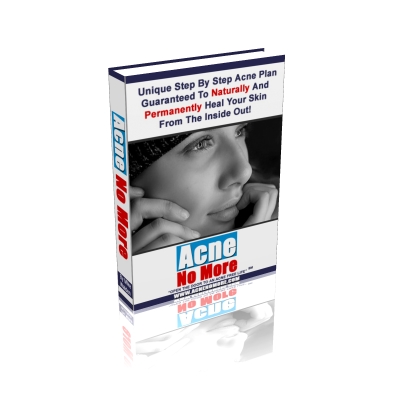Acne Treatment: Seeking Dermatologist's Guidance for Effective Results
While it holds true that over-the-counter treatments can safely and effectively address most cases of acne, it is advisable to consult a dermatologist when faced with an unusual skin condition. Even if it is just acne, a doctor's valuable advice can aid in its treatment.
Severe acne should always be treated by a dermatologist who can prescribe medication specifically designed to combat more severe outbreaks. Although mild and moderate acne can generally be managed without a doctor's supervision, prescription medications may offer better and faster results compared to over-the-counter solutions, even for moderate cases.
Visit: Exploring Effective Acne Treatment Products for Clear Skin
Medications for treating acne are available in two forms: oral or topical. Dermatologists often employ a combination of both to effectively treat acne outbreaks. Antibiotics, frequently used in acne treatment, can be administered orally or topically. Other topical medications commonly include zinc and retinoids as active ingredients.
Tetracycline is the most commonly prescribed antibiotic for treating acne. It exhibits a dual action by eliminating the acne-causing bacteria and reducing inflammation. However, antibiotics are not an immediate fix and typically require weeks or even months of usage before the acne clears up. It is crucial to continue taking the antibiotic even after the acne has cleared to prevent a recurrence. Some reported side effects of tetracycline include extreme sensitivity to sunlight, which may result in severe sunburns. Nausea, hives, and dizziness may also occur in some cases.
Women undergoing tetracycline treatment may experience an increase in vaginal yeast infections. Furthermore, tetracycline is contraindicated for young children and pregnant women due to the risk of tooth discoloration in developing teeth.
Ointments containing antibiotics generally have a lower rate of reported side effects. While these ointments effectively kill bacteria, there have been instances of bacteria developing resistance to antibiotics. Combining other medications, such as benzoyl peroxide, with the antibiotic lotion can significantly reduce the likelihood of such problems.
Retinoids, derived from vitamin A, are typically applied topically in the form of lotions or creams. Topical retinoid medications are highly effective in treating blackheads and whiteheads by unclogging pores. The only common side effect is mild dryness of the skin.
In cases where acne is severe and unresponsive to other treatments, oral retinoid medication may be prescribed. This medication promotes the shedding of the top layer of skin, thereby opening up the pores. Oral retinoids also help reduce acne by minimizing sebum production, which reduces excess oil on the skin.
However, it is important to note that oral retinoid medications may have significant side effects. Due to the risk of severe birth defects, women taking oral retinoids should use two forms of birth control to prevent pregnancy. These medications can also lead to depression and liver damage, necessitating close monitoring by a healthcare professional.
Some medications not specifically designed for acne treatment have been found to aid in its management. Birth control pills, for instance, can help reduce acne by altering hormone levels and decreasing testosterone levels, particularly in women. Zinc is another viable option for acne treatment.
Experience Lasting Clear Skin: A Revolutionary Approach to Acne Treatment
Are you tired of wasting money on ineffective pills, gels, and quick-fix remedies? Discover the truth about acne once and for all, and achieve the lasting clear skin you deserve. Click Here --> [AcneNoMore.com]

















0 Comments